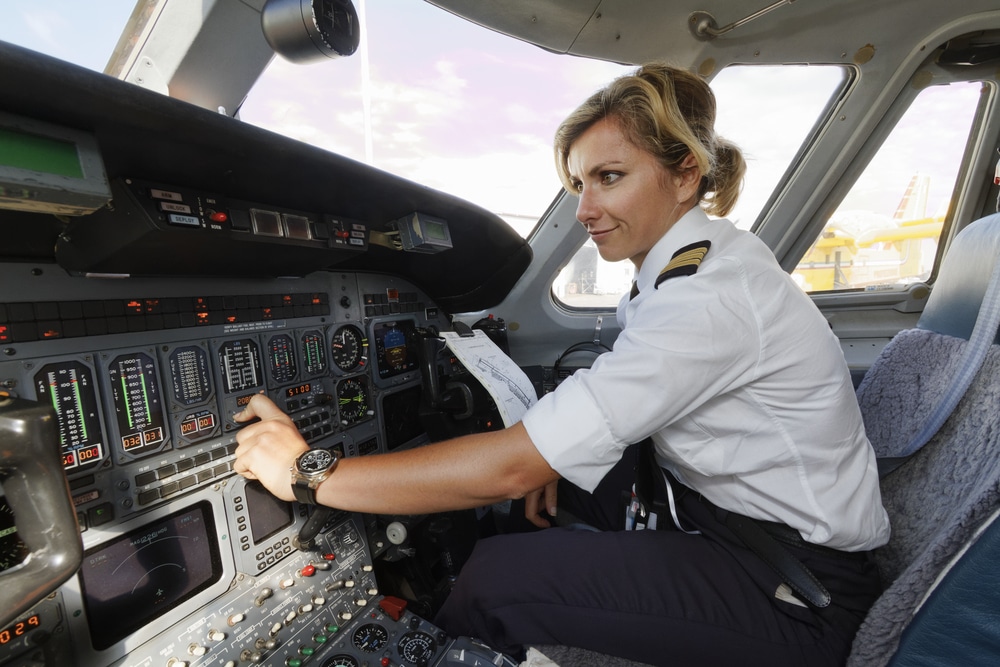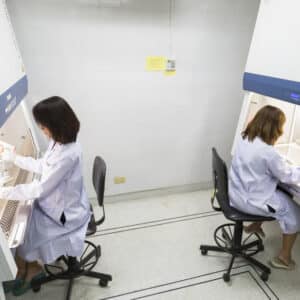What does it take to become an Airline Pilot? Here at Postgrad.ie, we break down the skills and qualifications you need to take on a career in this area.
An exciting, highly technical and hugely responsible career-the steps to being a pilot are understandably detailed but the pathway to a career is relatively straightforward once criteria are met.
Essentially anyone can apply for a pilots’ licence. Rules differ essentially depending on what it is you want to fly; they could be helicopters, gliders, microplanes, balloons or airships for example. However, if you want to make a living as an airline pilot then that’s something different entirely; for this you need a commercial level licence. There are several different levels of pilot licences, going all the way from student pilot up to airline transport pilot.
Irish Training
In Ireland, the entry level point is a Student Pilot Licence (SPL)-this is what you need to hold if you are to be allowed to fly while undergoing training. A Private Pilot Licence is exactly that, only for personal use and you cannot offer your services or that of your aircraft for hire or reward of any sort. A Commercial Pilot Licence allows you to hire your services and an Airline Transport Pilot Licence (ATPL) is the top of the tier; it allows you to fly commercial aircraft and operate in command positions on aircraft. Licences are issued under guidelines governed by both Irish and EU legislation. Military pilots operate under the military law of each respective country.
Training Structure
Essentially there is a prescribed structure to becoming a pilot, which incorporates requirements under various levels. These include medical standards, which means you need a class 1 medical certificate, following an exam by a recognised medical practitioner. There are many conditions that would make a person ineligible to become a pilot, understandably; these include vision or colour vision deficiencies, diabetes or asthma for example. If you’re considering flight training, especially considering the cost involved, make sure you’re medically eligible before you commit any resources, financial or otherwise. Also, bear in mind that if your medical certificate is revoked or removed at any time, then your pilot licence is also invalidated.
Knowledge Breakdown
Then comes the theoretical knowledge, which consists of a ground school phase with a structured number of set exams depending on the licence you are seeking to obtain. The majority of those wishing to enter this sector wish to obtain their commercial licence (ATPL), so for that you will need to sit approximately 14 theoretical exams as past of the process to obtain your ATPL. Then there is the commercial flight training itself, done mostly via simulators and AI initially, which is carried out via an approved flight training body. If you wish to pursue a private licence, this can be done at an approved and registered Flight Training Facility.
The penultimate stage is your logged flight experience, as in how many hours you have trained flying an actual working aircraft. Again, this varies from licence to licence but in the case of the ATPL, you would need at least 200 hours of logged flight training. The final stage is that you must pass a flight examination by qualified airline inspectors.
A flying career
Due to the nature of air travel, all aspects of flight training, verification and standards are rigidly enforced so students wishing to pursuer this career must have tremendous focus, desire and self discipline in order to fulfill the requirements for getting a licence to operate in this sector. Remember that it is vital to do considerable research on where you are doing your flight training and that it is being carried out by organisations that are duly authorised and registered. The best place for information on this, and for general information of training providers, is the Irish Aviation Authority (www.iaa.ie).












Comments